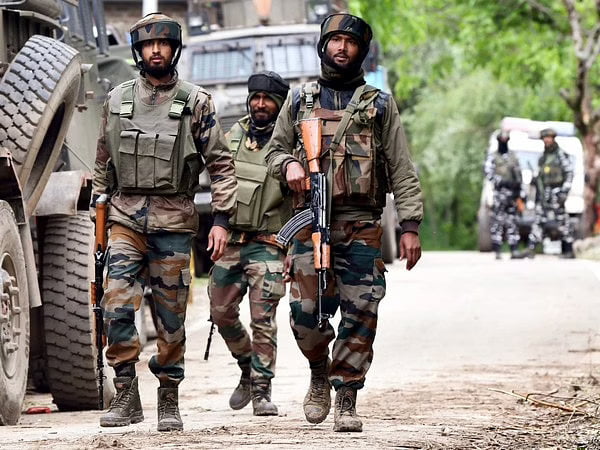The Ministry of Home Affairs (MHA) has expanded the director generals’ authority so that the Central Armed Police Forces (CAPFs) can now acquire numerous commodities, primarily weapons and ammunition, more quickly (DGs).
In a recent message, the ministry finalised the rules and urged the force’s directors general to set their priorities for purchasing from DPSUs that were formed from the former Ordnance Factory Board (OFB).
Arms and ammunition, as well as other forms of equipment and supplies, are purchased from the Defense Public Sector Undertakings by Central Armed Police Forces such the CRPF, BSF, SSB, ITBP, CISF, NSF, and Assam Rifles. These seven DPSUs provide CAPFs with LMG, assault rifles, machine guns, small arms, grenade launchers, and other weapons.
The home ministry memo outlining the new regulations states that there are now two categories of procurements: critical and non-critical. In order for urgently needed vital products to be quickly acquired, the director generals have been given the authority to determine the lists of both sorts of items based on the requirements of their respective forces.
“CAPFs will divide their needs for arms and ammunition (A&A) and other items, which they previously purchased from the former OFB, into two categories: crucial items and non-essential items. The DG of the relevant CAPF will have the final say on what qualifies as critical and what isn’t. The DG of the relevant Force may approve the release of a list of essential and optional items with notification to PM Division (MHA), according to the message.
According to the ministry, CAPFs may purchase essential commodities (including weapons and ammunition) from DPSUs during the fiscal year 2022–2023 by conducting a single tender inquiry in accordance with Rule 166 of OFR, 2017, and the guidelines outlined in the Manual for Procurement of Goods, 2017.
“In the past, purchasing necessary commodities like weapons and ammo took time. There was no distinction between products that needed to be purchased right then and those that could wait a few months. Due to deployment in highly sensitive areas, each force has its own priorities and urgently needs some essential supplies, primarily weapons and ammunition, a senior government official.
The process of acquiring weaponry and ammunition, as well as other products, can be completed quickly by granting the DGs the authority to determine which items are vital for the troops and will be needed on a priority basis and which are not. After the government disbanded the OFB, a number of procurements, primarily for the CRPF and BSF, became stalled, the senior government official continued.
To obtain the lowest price for non-critical components, the forces will revert to the previous open tender procedure.
According to an official, the ministry is eager to buy products that were created in India, and the military is working to lessen its reliance on foreign suppliers.
